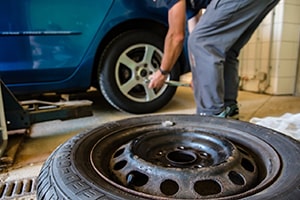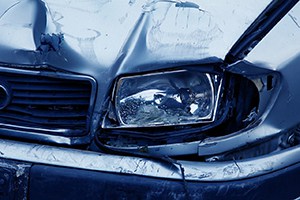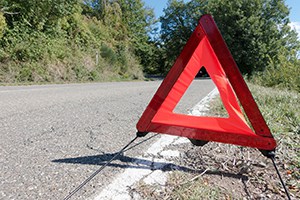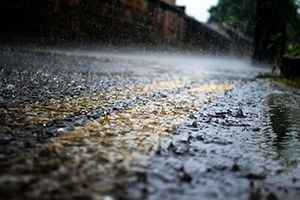To ensure your car is in the best condition and running as reliably as possible at all times, it’s wise to carry out regular checks and basic maintenance.
If you want to keep up with the most essential jobs, simply remember FORCES, which stands for
- Fuel
- Oil
- Rubber
- Coolant
- Electrics
- Screen wash
Fuel
As basic and obvious as it sounds, you should always be 100 per cent sure you have enough fuel to reach your destination, especially when driving in remote and rural areas. This will help you avoid breaking down and having to make any long treks to petrol stations to fill up a fuel can.
Oil
Many people forget to conduct regular oil checks. If you’re in this group, you run the risk of your oil falling to dangerously low levels, which can result in breakdowns and also cause severe engine damage. Use the dipstick supplied in your engine to check your oil is between the minimum and maximum recommended levels.
Rubber
There are two main types of rubber you should check frequently: your tyres and your wiper blades. The tread depth on your tyres should be at least 1.6mm, and it’s also a good idea to look for general wear and tear, splits and bulges.
Keep an eye on your wiper blades to see if the rubber is split or worn down and the wipers need replacing.
Coolant
Maintaining the right level of coolant in the engine helps you to reduce the risk of mechanical parts freezing or overheating. It’s wise to check this before setting off on any long journey.
Electrics
All cars have electrical parts of some description, including essential components like the headlights, fog lights and battery. Carrying out regular checks – like making sure all lights are working and the battery terminals are clean and tight – will help to maintain your car’s reliability and safety.
Screen wash
Keeping your screen wash topped up at all times is vital if you want to be a safe and responsible driver. It’s a very basic and easy job, but an important one to ensure you always have maximum visibility through the front and rear windscreens.
For more difficult and complicated tasks, it’s usually best to turn to the professionals. MyService.Expert from Fuel Card Services can help you ensure your car is properly maintained by giving you access to thousands of garages nationwide.





